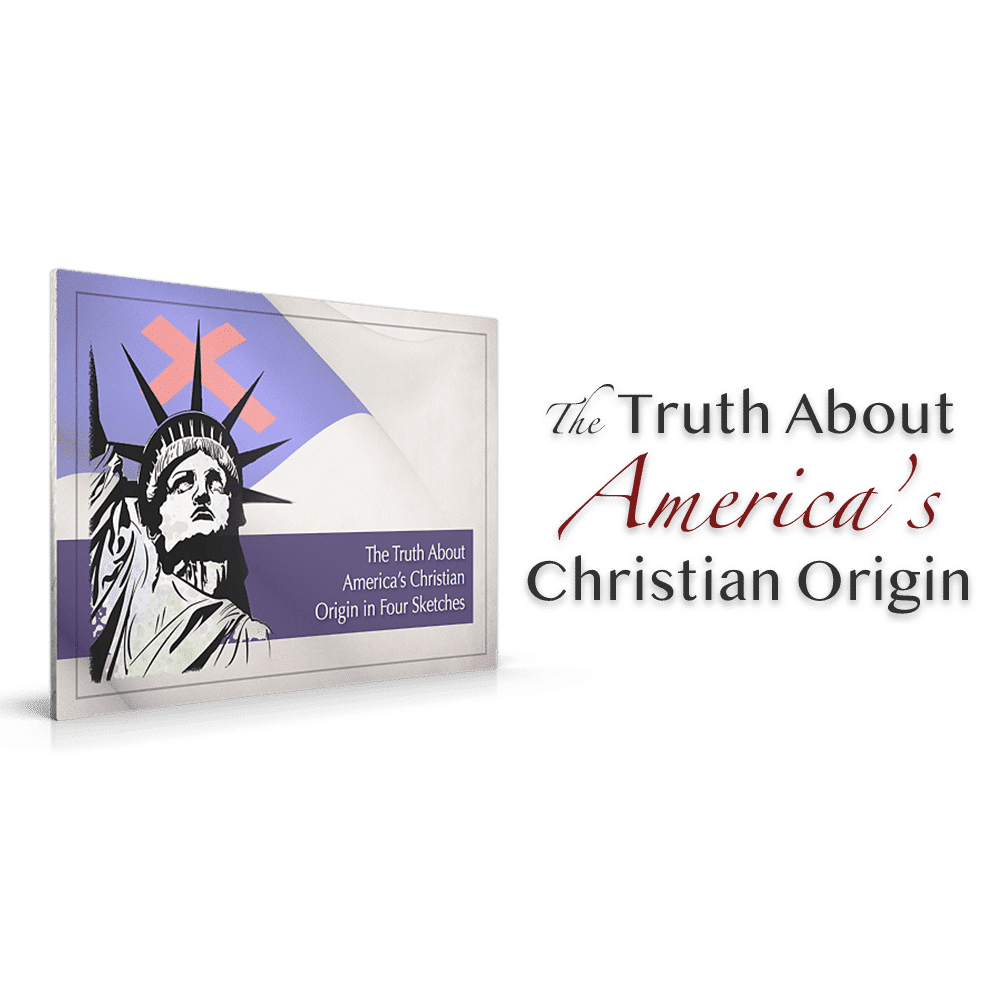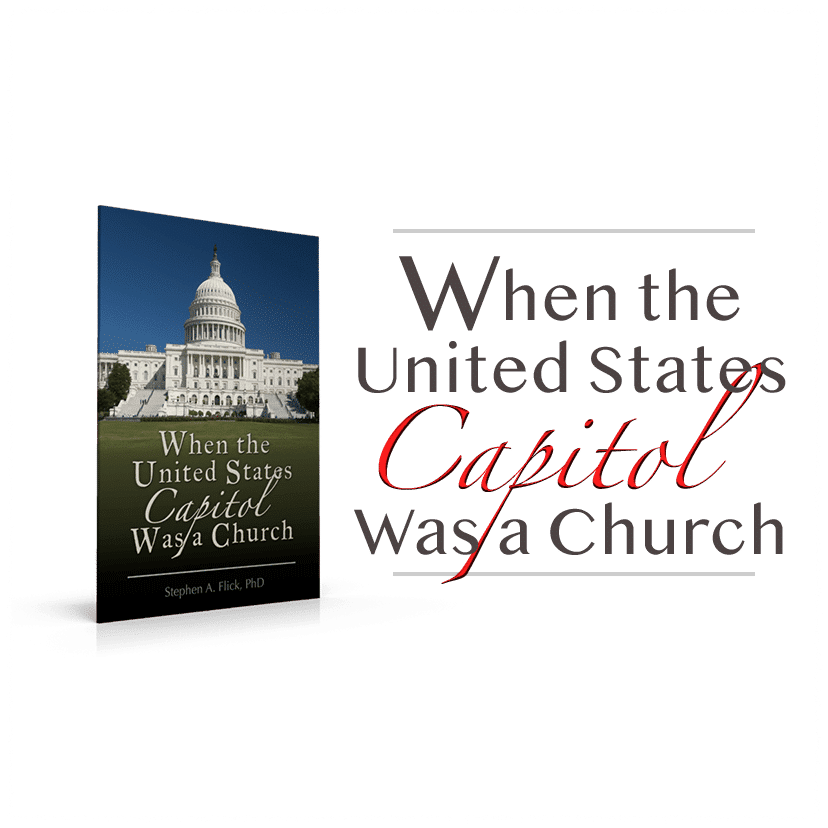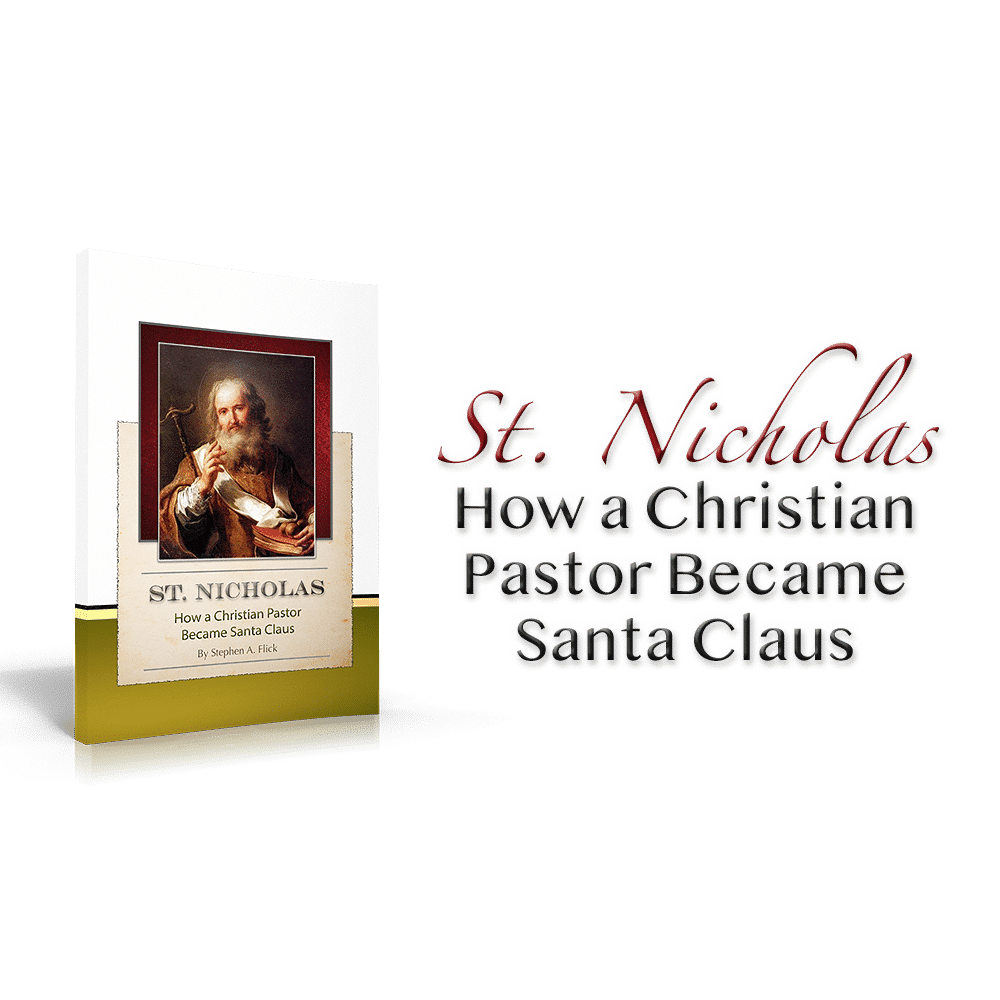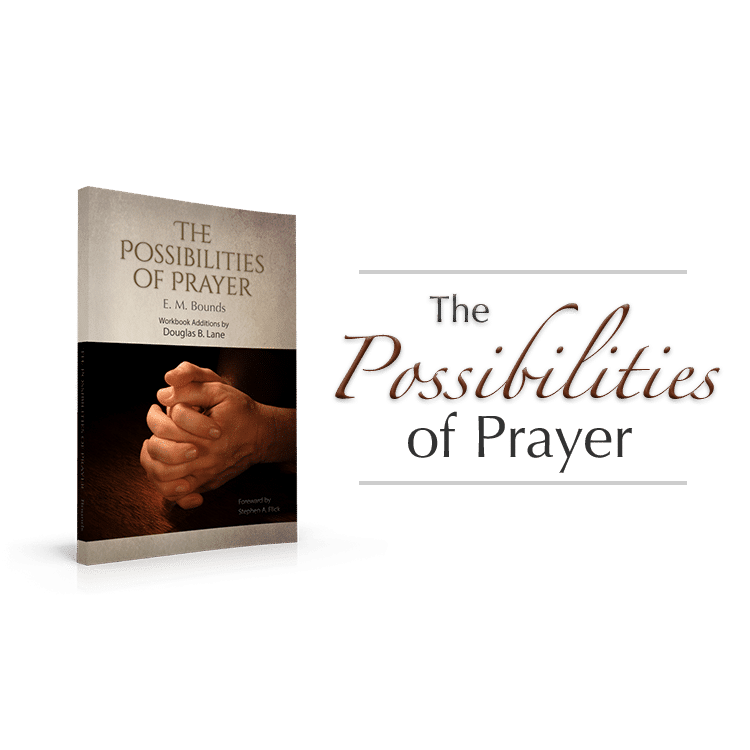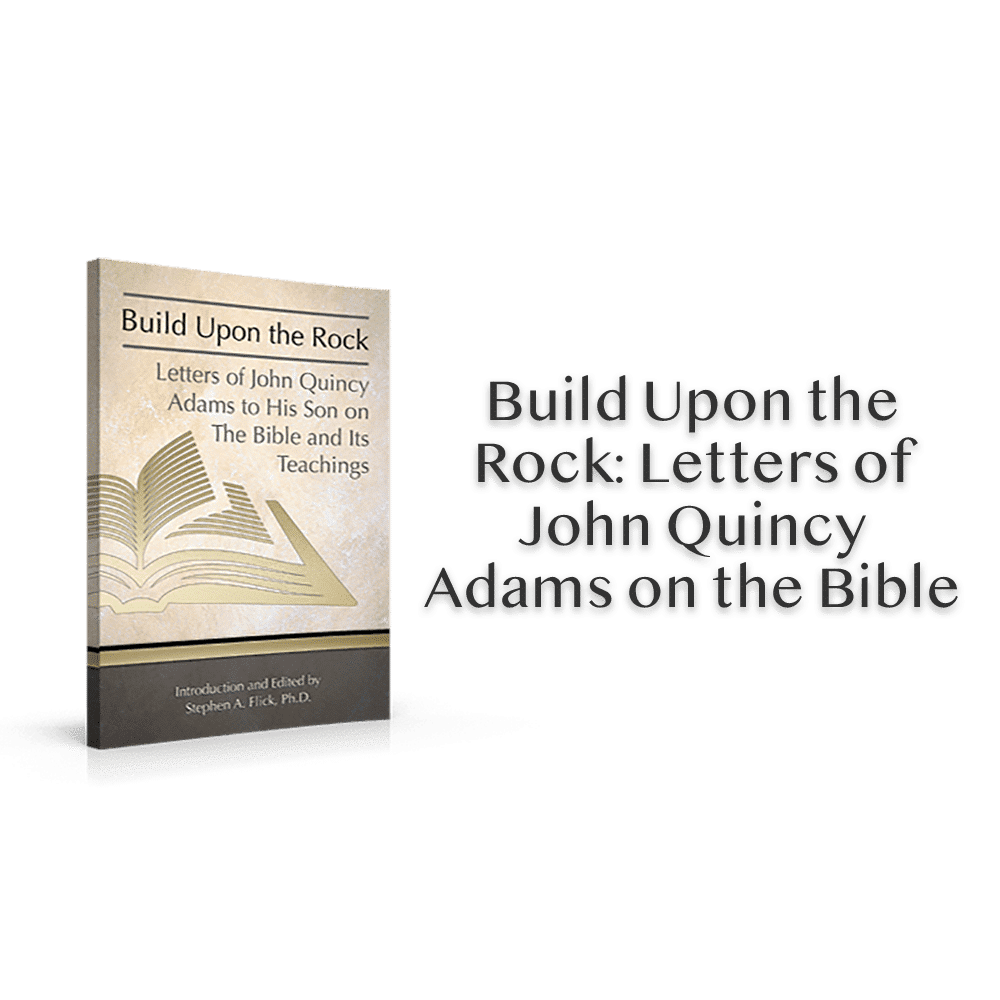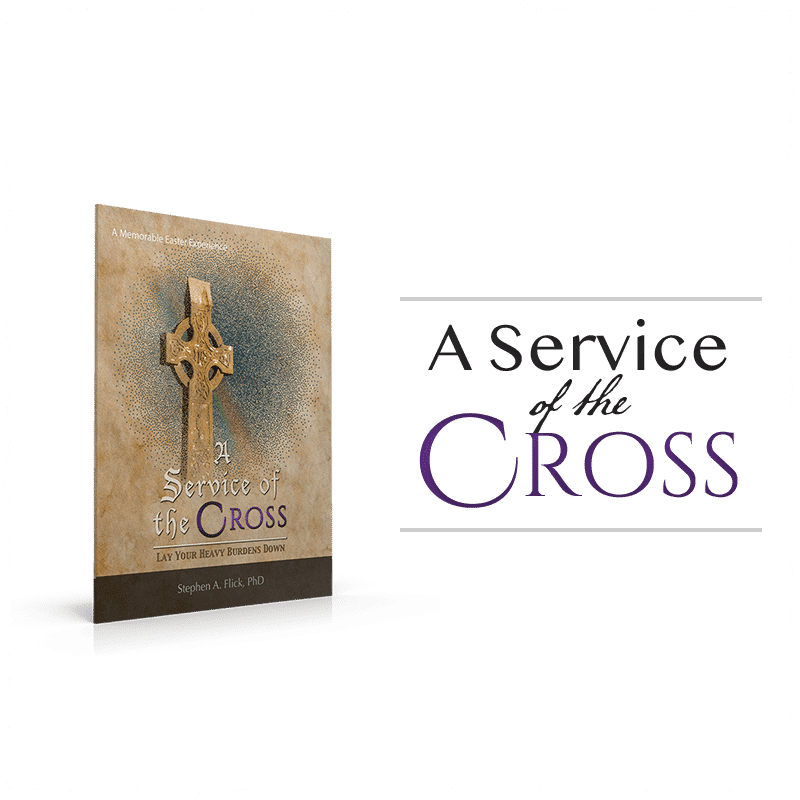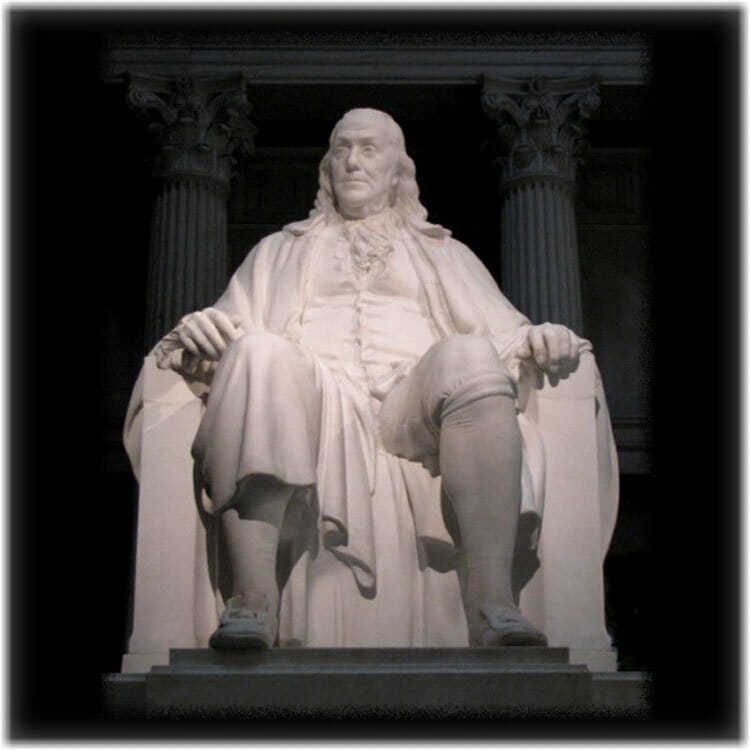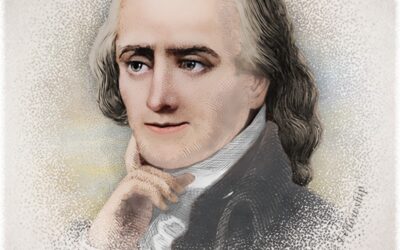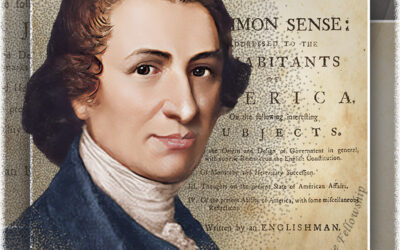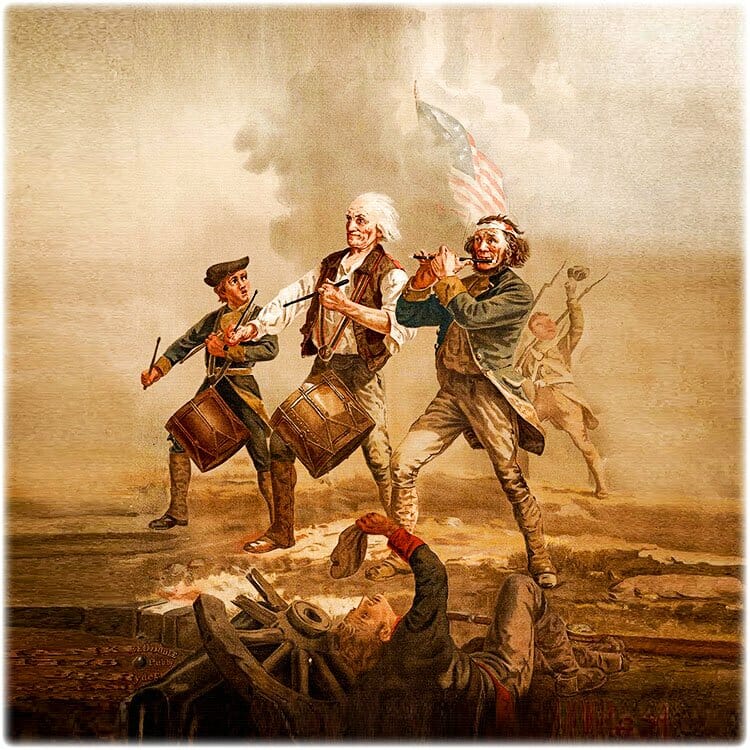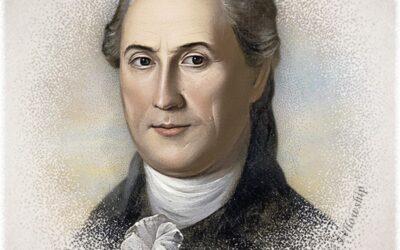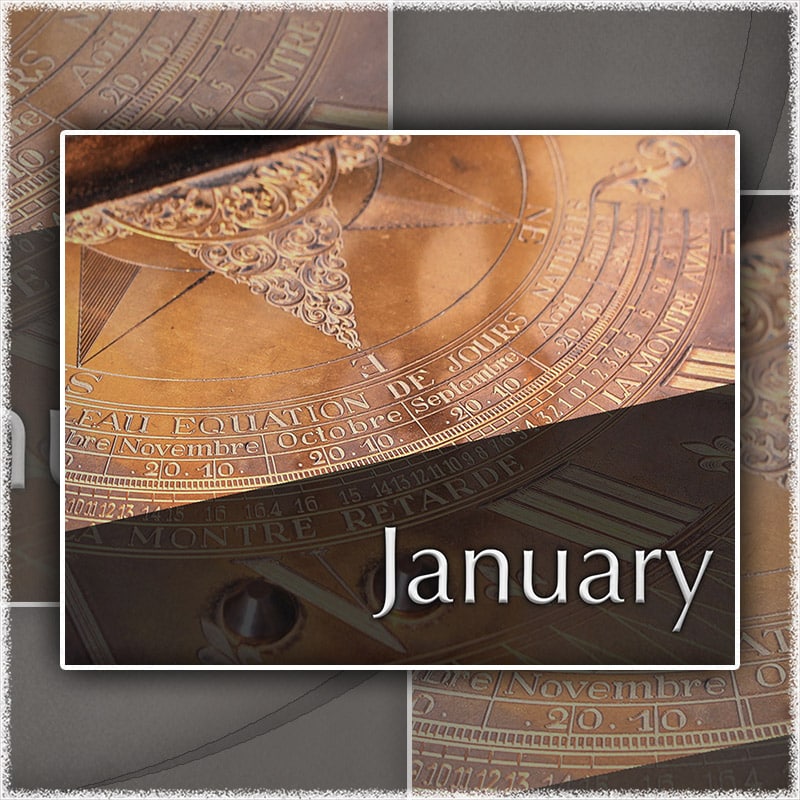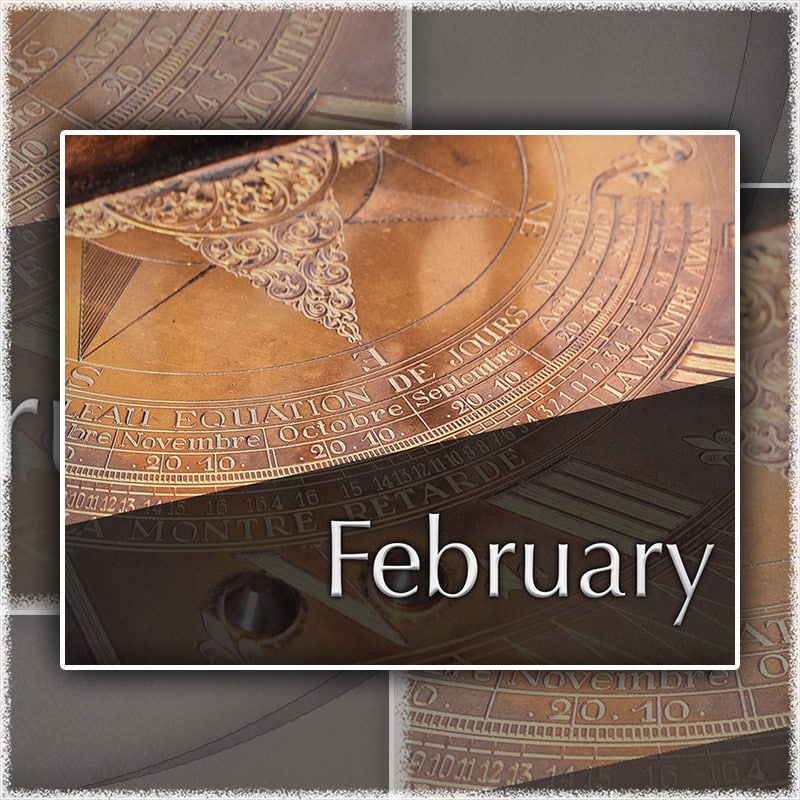Welcome
Thank you for visiting Christian Heritage Fellowship! Our organization exists to advocate the Christian worldview of America’s founding fathers and historic Christianity. Resisting the historical revisionism that seeks to deny Christianity's rightful legacy in national and world affairs, Christian Heritage Fellowship seeks to articulate the true heritage of the Christian Church in America and around the world.Home
While issues of greatest importance may be accessed through the menu at the top of each page, users may access our articles through various finding aids located on this page and each article. Our articles are designed to elevate Christians’ appreciation for their faith, deepen their love for the Lord Jesus Christ, and provide them with rational, historical, and biblical answers in the midst an unbelieving world.Home
Home
Our Articles
A Service of the Cross
Described by some participants as one of the most meaningful services in which they have ever participated, A Service of the Cross vividly recounts the biblical truth concerning the need for God’s light of salvation and the necessity of the sacrificial death of Jesus...
Benjamin Franklin Was Not a Secularist
Leaving the deism of his youth and the immorality it produced, Benjamin Franklin came to realize that the Calvinism of his youth was closer to reality than he had previously imagined.[1] Though never fully returning to this theological tradition in which he was...
Francis Lightfoot Lee
Francis Lightfoot Lee (October 14, 1734 – January 11, 1797) was a member of the House of Burgesses in the Colony of Virginia. As an active...
Thomas Paine Argues, “No King But God”
A growing number in America have suggested that religion or Christianity should have no place in the political life of the nation. The Founding Fathers, however, never believed nor advocated...
How Thomas Paine Betrayed America
Thomas Paine is often employed by the political left as justification for their false claim that America was established as a secular nation. The facts, however, completely expose their uninformed argument. Click to read the entire article… [pDateBox Date=" January...
Samuel Huntington
Samuel Huntington (July 16, 1731 – January 5, 1796) was a jurist, statesman, and Patriot in the American...


